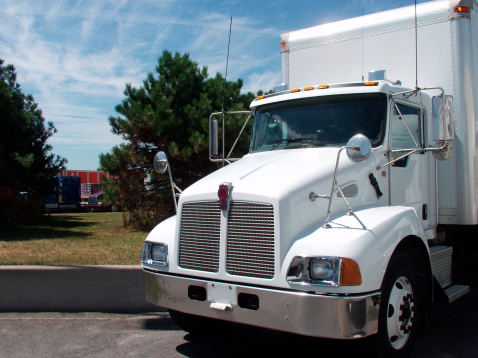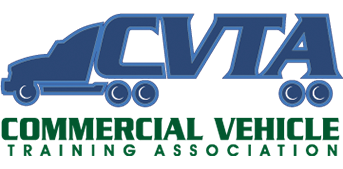Once you have completed your CDL training and passed the CDL exam, it’s time to begin your job search as a new truck driver. The time has never been better to pursue a career in trucking—each month, new jobs are added throughout the industry. As a new driver, there are numerous possibilities just waiting to be explored; take a look at the tips below to get started.
Applying for Jobs
The best time to begin applying for jobs as a truck driver is as soon as you know the completion date of your CDL training. Apply for as many jobs as possible, keeping in mind that you can always turn down offers if you have too many. Having multiple options allows you to choose the job that best suits you, rather than settling for the only employer that makes you an offer.
Types of Trucking
Most new truck drivers begin their careers as OTR, or over the road truckers. OTR trucking involves longer routes and many days spent on the road at a time. Even if you want to try other types of trucking, OTR provides you with the experience you’ll need to seek more specialized job options later on. As an OTR trucker, you can haul various types of freight for additional experience, such as flatbed trailers and refrigerated trailers.
Talking to Recruiters
One of the best ways to get the trucking job you want is to learn how to talk to recruiters. Keep in mind that recruiters have many different approaches, but being honest and maintaining a positive attitude will help you get the perfect job. Additionally, make sure to ask important questions about pay, benefits, and time spent away from home—this information can help you find the job that meets your wants and needs.
HDS Truck Driving Institute of Tucson offers lifetime job placement assistance once you graduate. Contact us today by calling (877) 205-2141, visiting our website, or stopping by an open house event to find out how we can prepare you for a successful career in trucking.



















